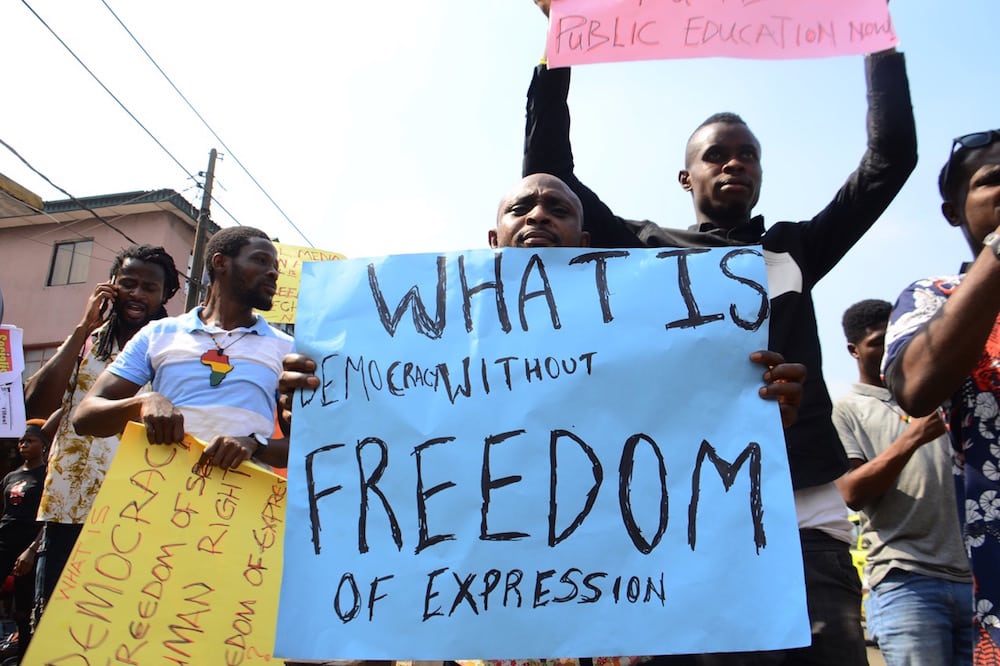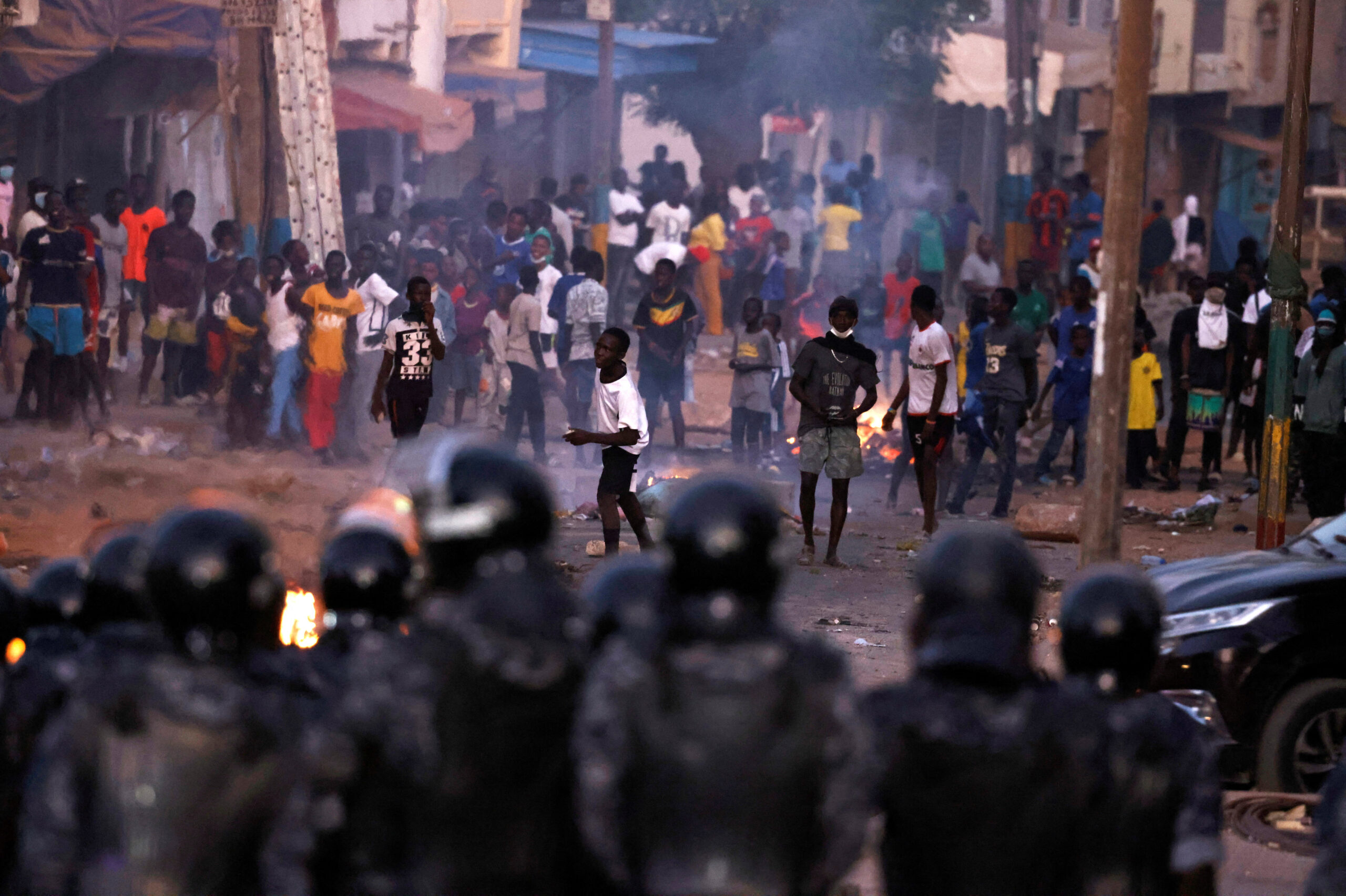In many West African countries, the fight for press freedom and freedom of expression still faces significant obstacles. Governments and powerful individuals use a variety of measures to control the narrative and crush dissent.
A total of thirty-nine (39) incidents of freedom of expression violations were recorded, with Nigeria recording thirteen (13) violations, the highest number of violations during the quarter. The continued freedom of expression repression in Nigeria is particularly concerning, given that President Tinubu promised in December 2023 to protect press freedom and to encourage divergent public discourse.
As usual, the country’s Cybercrime Law 2015 has been at the heart of the repression. At the instance of powerful people who are irritated at online publications about them, security agents go after journalists and citizens, accusing them of committing cybercrime over their critical publications or social media posts.
In one incident, Salihu Ayatullahi, the editor of the online news portal Informant247, and Adisa-Jaji Azeez, the managing editor, were arrested and charged with disseminating a misleading report on the rector of a public Polytechnic.
Senegal followed Nigeria with seven (7) violations, which were largely triggered by the political tensions that followed the shock postponement of the country’s presidential elections originally scheduled for February 2024. Among the worst violations recorded in the country were mobile internet restrictions and a brutal crackdown on protests that resulted in at least three deaths and several arrests.
Two junta-ruled countries, Guinea and Mali, recorded six (6) and four (4) violations respectively, while Burkina Faso and Niger, the other two military-ruled countries, witnessed a hiatus after a repressive end to 2023.

While Guinea-Bissau Bissau recorded a single incident, it was particularly severe; the government outlawed all public protests and marches nationwide over purported security concerns.
At least 9 journalists were arrested in Conakry, Guinea’s capital city, during a crackdown on a protest which had been called by the Syndicat des Professionnels de la Presse de Guinée (SPPG) to demand an end to internet restriction and the jamming of several broadcast channels.
The media regulatory bodies continue to be powerful censorship tools, with the Haute autorité de la communication (HAC) of Mali, suspending French channel France 2 was from Malian television channels. The four-month suspension came after the broadcast of a report on the security situation in Mali following the departure of the French military force Barkhane.
Similarly, the Ministry of Communication in conjunction with the Conseil national de régulation de l’audiovisuel (CNRA), the Senegalese media regulator, suspended Walf TV. The suspension followed the media’s live broadcasting of violent police-protester clashes in Dakar.
In terms of distribution, twenty-three (23) of the violations were targeted at journalists and media workers, while eight (8) were targeted at citizens. Seven (7) of the violations were directed at media organisations with one (1) targeted at an activist.

This quarter’s freedom of expression monitor also features other important freedom of expression and digital rights developments in the region, including redresses for violations and recommendations to key stakeholders.
Access the full report here.






